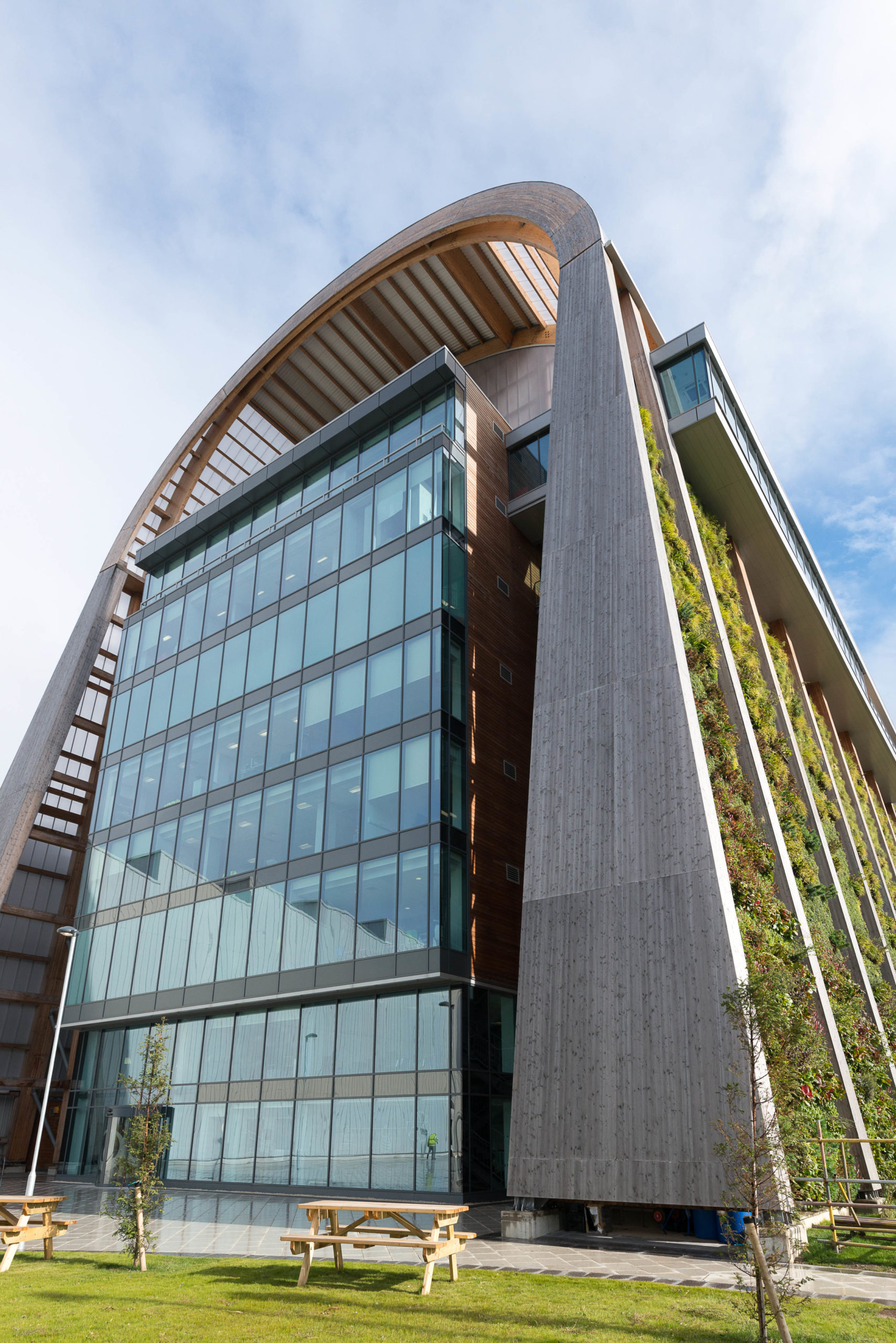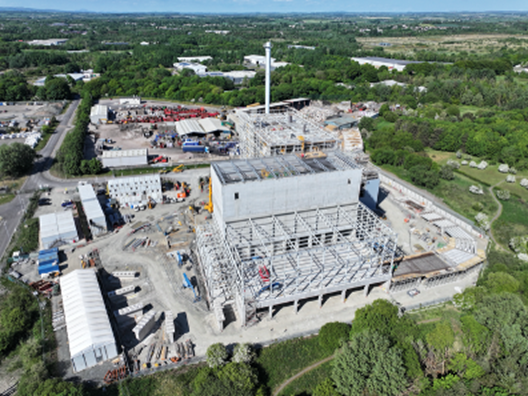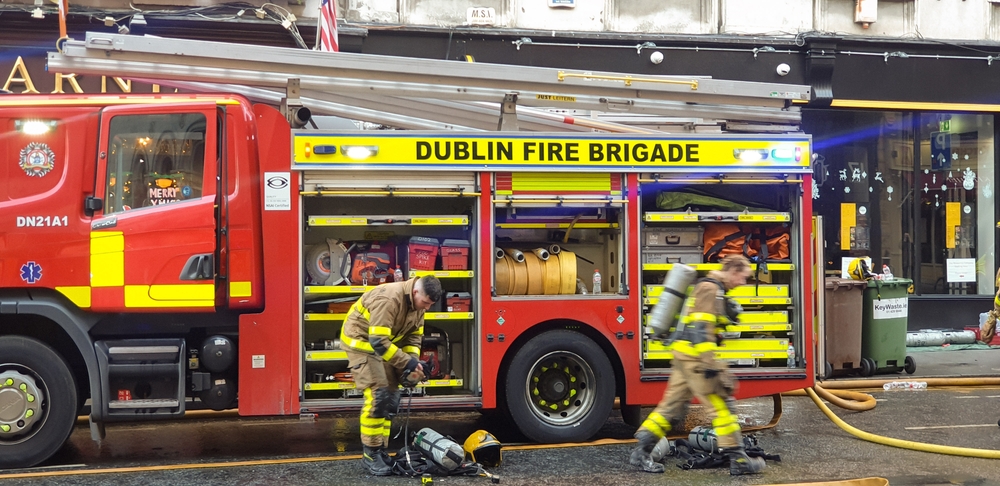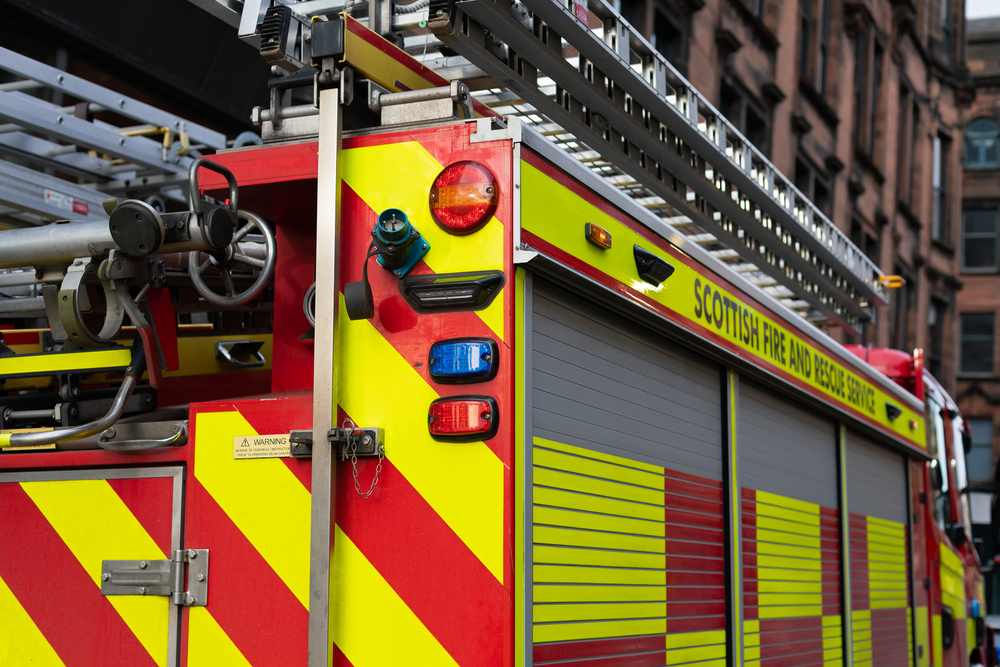Operated by Veolia on behalf of Leeds city council and officially opened in November 2016 by the Duke of Kent (see letsrecycle.com story), the facility has been designed recover recyclable materials from waste and use the remainder to generate low carbon heat, hot water and electricity for the local grid.

The plant manages all Leeds’s black bag waste.
Richard Kirkman, Veolia’s chief technology and innovation officer, said: “District heating is a key strategy that will drive heat decarbonisation and help reduce CO2 emissions across the UK.
“With this innovative facility Leeds is a shining example of a circular economy hub that transforms unrecyclable black bin waste into an important energy source that benefits local communities.
“By connecting it to the district heating network it further boosts sustainability, and cuts carbon emissions for the city.”
As well as supplying heat through the new district heating network, Veolia says the plant will provide enough electricity to the local grid for 22,000 homes.
RERF
Unusual in its design, the facility, which Veolia describes as a recycling and energy recovery facility, has been built with a timber-arched frame, using wood from German spruces. Veolia says the site is also home to “Europe’s largest” vertical green living wall, which stretches 1,800 metres.
Veolia says the one now operating in Leeds is the 600th such district heating scheme it supports across the world. The waste management company says this represents almost 7,000km of heat networks, including schemes that serve up to half a million people. This includes energy plants and networks across 47 schemes in the UK.
Leeds
With a population of nearly 475,000, Leeds had a recycling rate of 38.7% for the 2018/19 financial year. This is below the national average of 45.1%.









Subscribe for free